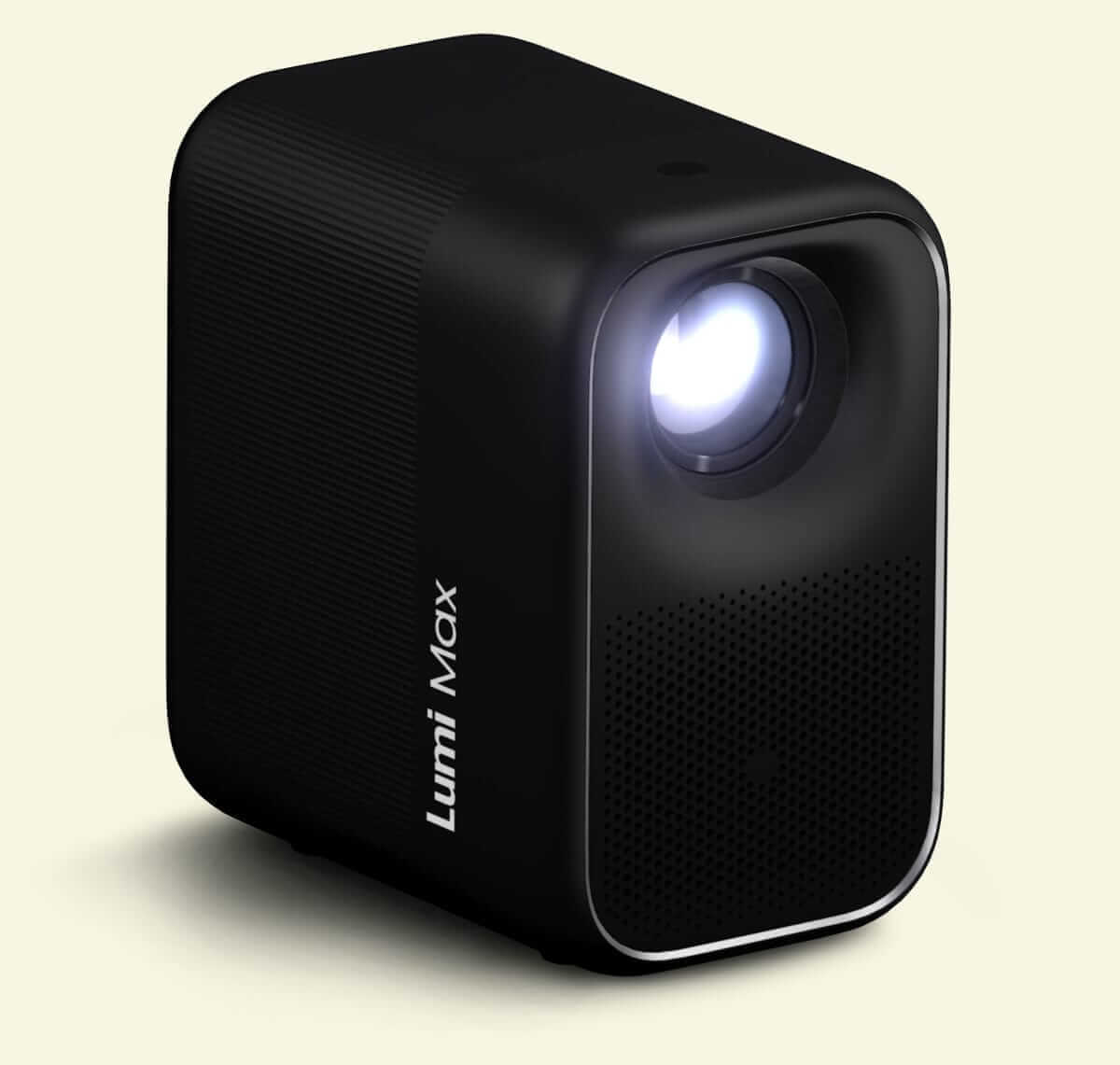Wednesday, September 17th Edition |

|
By Cory Ohlendorf, Valet. EditorCancer sucks. |
Today’s Big Story
America’s Cancer Research Is in Trouble
It’s helped save millions of lives, but is now being threatened in one of its most productive moments

This is personal to me. I, myself, was diagnosed with a serious skin cancer when I was just 24 years old. My mother and some of the bravest women I know and love have battled breast cancer. And I’m guessing it’s personal to you, too. Cancer is increasingly more common. In 2025, the United States is projected to have over 2 million new cancer cases and more than 618,000 cancer deaths. The most common cancers are expected to be breast, prostate, lung, and colorectal cancers. Lung and bronchus cancers remain the leading cause of cancer mortality in the U.S.
Since President Richard Nixon declared war on cancer more than 50 years ago, America’s cancer-research system has been a triumph of government-funded science. Although some 40 percent of Americans will still get a cancer diagnosis at some point in their life, this sprawling research system—which reaches into universities all across the country—has yielded decades of minor breakthroughs that have saved millions of lives and improved the quality of life for those undergoing cancer treatments.
Both as vice president and again as president, Joe Biden emphasized cancer research more than any modern American political leader. The Democrat’s White House made his cancer “moonshot” a leading administration priority. His Republican successor clearly has a different approach in mind.
If it seems as if this year has featured one report after another about Donald Trump and his team effectively giving up on combating cancer, it’s not your imagination. The president has proposed slashing funding for the National Cancer Institute. His conspiratorial health secretary, Robert F. Kennedy Jr., scrapped funding for mRNA research, despite clinical trials showing mRNA-based vaccines increasing survival in patients with deadly cancers. MSNBC’s Steve Benen says he’s lost count of how many cancer-related research grants at universities have been cut off without explanation.
American cancer researchers are on the brink of breakthroughs that could enable doctors to detect possible tumors earlier and treat them more effectively and with fewer short- and long-term side effects. But the Trump administration’s sweeping cuts are putting the entire system—and with it, future progress—in jeopardy. According to this sweeping New York Times magazine article, the disruptions to existing projects and larger doubts about the government’s commitment to funding future cancer research are already causing damage that may be very difficult to undo, potentially depleting the country’s supply of scientists and scientific innovation for decades to come.
FYI: |
In the mid-1970s, America’s five-year cancer survival rate sat at just under 49%; today, it is 68%. |
Trump Arrives in Britain
Three things the U.K. wants from this state visit, aside from business deals
President Donald Trump has landed in the United Kingdom ahead of an unprecedented second state visit. The president touched down on Tuesday evening ahead of a series of events over the next two days, including being hosted by King Charles, military parades and a possible flypast by the Red Arrows alongside British and American F-35 jets. Later tonight, a traditional white-tie banquet will be held in Windsor Castle, where Trump and King Charles will give speeches.
But the visit comes amid criticism in Britain of Trump’s policies and rhetoric, with the ‘Stop Trump Coalition’ gathering for a protest in Windsor on Tuesday and the group planning another demonstration in central London later today. Writing in The Guardian, Sadiq Khan accused the U.S. president of doing more than anyone else to “fan the flames of divisive, far-right politics around the world in recent years”. It also comes as difficult questions about Jeffrey Epstein linger. As a not-so-welcome sign, a crowd projected images of Trump and Epstein onto a castle where the president will stay during his visit.
Business deals already announced ahead of the trip are not only a coup for the beleaguered British government but are seen as a much-needed confidence boost. According to CNBC, BlackRock, Alphabet and Blackstone are just some of the companies set to ink deals with the U.K., setting in motion multi-billion dollar investments in U.K. assets. A raft of energy deals have also been announced, with the U.K. heralding a “golden age” in new energy partnerships, including in nuclear power.
Meanwhile: |
First Lady Melania Trump is joining her husband and will meet with Catherine, Princess of Wales. |
Alleged Charlie Kirk Assassin Charged
Prosecutors to seek death penalty
Prosecutors on Tuesday unveiled a tranche of evidence against Tyler Robinson, the 22-year-old man from southern Utah that they accused of killing the right-wing political activist Charlie Kirk. DNA on the trigger of the rifle recovered from the scene matched that of Robinson and he was formally charged with aggravated murder and six other counts. Authorities quickly declared they would seek the death penalty in the case.
In the court filing, prosecutors said Robinson had criticized Kirk both before and after the shooting. Officials allege that following Kirk’s death, Robinson confessed to people around him, said he had planned the attack in advance and initially hoped to elude capture. After the attack, prosecutors said, Robinson’s romantic partner found a note under his keyboard stating: “I had the opportunity to take out Charlie Kirk and I’m going to take it.”
For days, speculation swirled about what the engravings on Tyler Robinson’s bullet casings meant. Both sides of the political divide drew their own conclusions—however self-interested—from cryptic memes outside mainstream American culture. On Tuesday, the answer was seemingly revealed, this time directly from the shooter himself: Some of the messages meant nothing.
Dig Deeper: |
Prosecutors said the texts he sent after the shooting offer some insight into his motives. |
Economy Chugs Along, But Consumers Are Uneasy
The Fed weighs its first rate cut since December as wealthier consumers prop up spending levels
It’s a paradox: Consumers continue to say they feel increasingly glum about the economy. Still, data suggests there has been no significant slowdown in their spending habits. Of course, there’s reason to be glum. The Economist reports that any flickerings of optimism that survived the tariff chaos of spring and this summer’s growth slowdown “will have taken another hit in early September, when employment figures came in weak for the second time in a row. America added less than 30,000 jobs on average in June, July and August, the Bureau of Labour Statistics announced.”
The conflicting trends have made for an increasingly difficult landscape for the Federal Reserve to navigate as it met Tuesday and again today to decide where to set its key interest rate. Investors say a rate cut is virtually guaranteed. There are also concerns about what is driving consumer spending. In an interview on CNBC this month, McDonald’s CEO Chris Kempczinski referred to a “two-tier economy,” in which upper-income groups spend largely free of financial constraints, while middle- and lower-income households feel squeezed.
The question is what happens after the Fed’s rate announcement, including whether it will cut rates at its October and December meetings. The central bank’s benchmark interest rate is used to set other borrowing rates throughout the economy. To determine where to set it, the Fed looks at inflation and unemployment rates. Right now, the Fed’s preferred inflation gauge remains above its 2% target, but it has shown some signs of stability even as it has ticked up. The unemployment rate has been creeping up, too. At 4.3%, it is now at its highest point since October 2021.
Meanwhile: |
Trump asks the Supreme Court to give him total control over the U.S. economy. |
|
Partner
How Canva, Perplexity and Notion Turn Feedback Chaos Into Actionable Customer Intelligence
How Canva, Perplexity and Notion turn feedback chaos into actionable customer intelligence
Support tickets, reviews, and survey responses pile up faster than you can read.
Enterpret unifies all feedback, auto-tags themes, and ties insights to revenue, CSAT, and NPS, helping product teams find high-impact opportunities.
→ Canva: created VoC dashboards that aligned all teams on top issues.
→ Perplexity: set up an AI agent that caught revenue‑impacting issues, cutting diagnosis time by hours.
→ Notion: generated monthly user insights reports 70% faster.
Stop manually tagging feedback in spreadsheets. Keep all customer interactions in one hub and turn them into clear priorities that drive roadmap, retention, and revenue.
|
|||||||||






